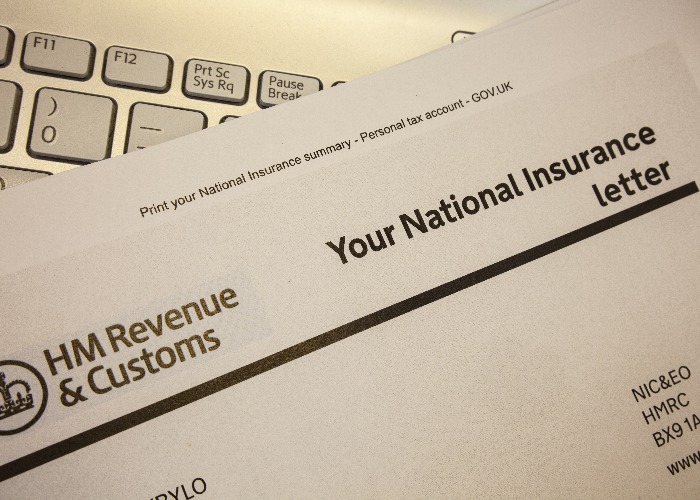Coronavirus scam: criminals sending out fake NI refund emails

Scammers are hoping to take advantage of our financial worries during the COVID-19 pandemic with a National Insurance refund scam.
Scammers are attempting to steal personal details by sending out fake emails offering a National Insurance refund.
The fake emails are merely the latest in a depressingly long line of new scams hooked on the Covid-19 pandemic and targeted at cash-strapped households.
The latest tactic employed by scammers is a very convincing-looking email purporting to be from the taxman, and promising the refund of National Insurance contribution, according to new warnings from the Chartered Trading Standards Institute (CTSI).
Fake NI refund: how the scam works
The CTSI said the fake emails (see example below) are designed to look like they are from the Government, replicating the font and design of sections of the Gov.uk website.
The email tells the potential victim that the Government has taken steps to list Coronavirus as a “notifiable disease” in law, and that working alongside HM Revenue & Customs (HMRC) a new tax refund plan has been established to help support people’s finances during the recovery.
As a result, and based on the recipient’s record of National Insurance contributions, they are ‘entitled’ to a refund. In the example email below the amount is £128.34, but it could easily another value.
All the person has to do in order to claim the cash is click on a link in the email, which takes them through to a page where they can supply their banking details for the refund to be provided.
Of course, supplying those details won’t see extra money end up in your account ‒ the opposite in fact, as they can then be used by the fraudsters to steal your identity and take out further credit products in your name.
The Covid boost for scammers
This is just the latest phishing scam playing off the Covid-19 crisis, with CTSI flagging up a bogus business grant email scam earlier this month.
Scammers are never shy about using some sort of topical news story as a hook for a fresh attempt at this old scam, and it’s a tactic that tends to be effective.
But there’s more to it with Covid scams. They aren’t just trading on people’s familiarity with what’s going on, but also tapping into the desperation an awful lot of Brits feel right now about their finances.
Huge numbers have been furloughed or lost their jobs already, with unemployment only likely to increase. And with regular warnings of a recession on the way, money worries are preying on the minds of plenty of people across the country.
Those people may normally be a bit too streetsmart to fall for scams like this, more guarded against the telltale signs of a phishing email scam.
But when we are desperate and stressed, we don’t always make great decisions.
It’s easy to be wise after the event, but there have been times when I’ve come perilously close to clicking on these dodgy email links, and the only reason they continue is that people are fooled by them on a regular basis.
The scammers are only too well aware that they have a potential audience of millions of people, concerned over their job prospects and whether they will be able to pay their bills in the months to come, and who may leave the usual skepticism to the side out of little more than sheer hope that this email is legitimate.
It’s only by continuing to flag up these dodgy emails, by raising awareness and educating people on what to look for that we will be able to combat them.
If you do receive a scam email, it’s important to report them to the National Cyber Security Centre, while if you think you may have fallen for a scam then it’s important to speak to your bank as soon as possible.
Finally, check out our guide on the signs to help you spot an email scam.
Comments
Be the first to comment
Do you want to comment on this article? You need to be signed in for this feature